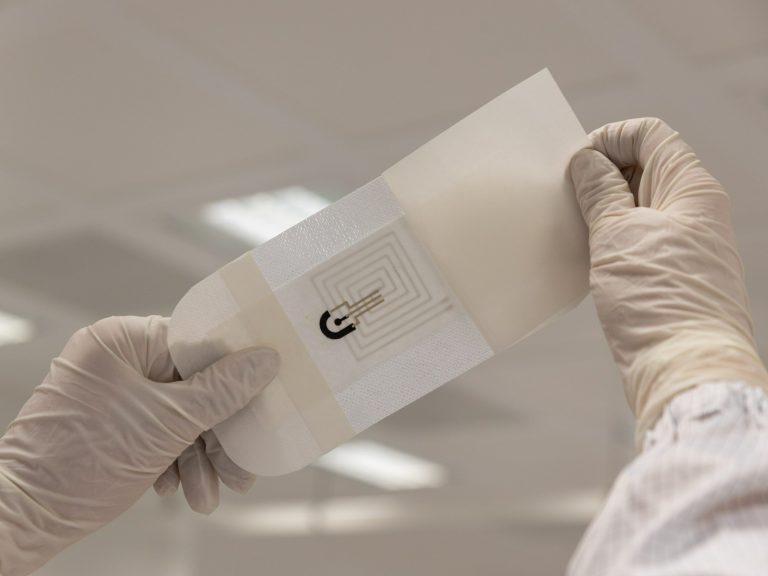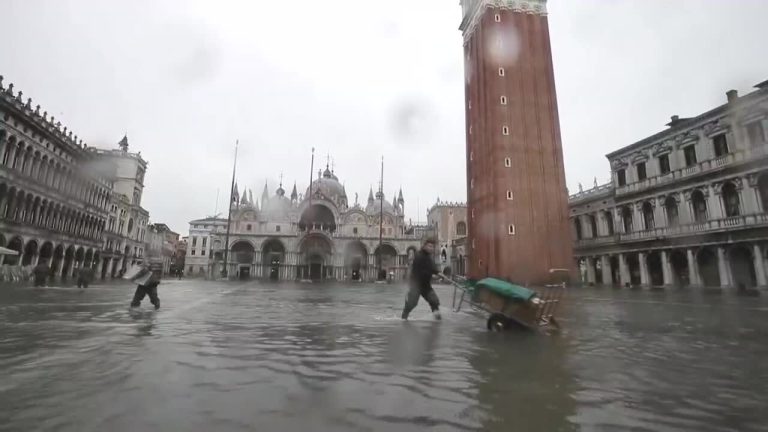This app will help you be more eco-friendly while traveling

Work on an application intended to improve travel by analyzing data on all possible means of transport is being completed by scientists from the Silesian University of Technology in an international consortium. The system, which enables, for example, the selection of an ecological travel option, should be ready by the end of this year.
As Grzegorz Sierpiński, professor of the Silesian University of Technology from the faculty of transport and aviation engineering of this university, announced during Thursday’s briefing, the ETPlanner application is to be part of the system being developed as part of the international Electric Traveling research and development project. One of the assumptions of this project is to support the implementation of electromobility in urban areas.
A door-to-door journey
– The final product is to be an entire IT system supporting both travelers and local authorities. It will consist of several modules, Sierpiński said. The ETPlanner application is to be addressed to a wide group of residents, enabling door-to-door travel planning, with a route optimization algorithm that takes into account electric vehicles.
The next elements of the system being prepared are intended for local authorities: ETCharge (a module indicating the needs for the development of a network of electric vehicle charging stations based on actual trips), ETSim – a simulator of various scenarios in a selected area (based on data from ETPlanner) and ETReport (a reporting module presenting the results simulation).
An application with a trip planning function is intended to provide residents with all the options available in a given area – collecting data from all sources provided by transport operators. It should therefore combine data on public transport, forms of personal transport (own bicycle, scooter, etc.) and shared transport, as well as electric transport infrastructure.
– We try to integrate all types of movements and provide full information to the traveler. The function of the planner is the ability to prioritize a specific method of traveling in a specific area or a specific route. The application accompanying the planner will also allow you to optimize entire chains of daily trips, explained Sierpiński.
Another function is to plan journeys or their subsequent stages in such a way as to minimize the emission of harmful substances. In terms of traveling by electric means of transport, the following will be mentioned: estimated energy consumption and data on charging needs and possibilities.
Collecting data
The representative of the Silesian University of Technology emphasized that ETPlanner, unlike other planners (provided, for example, by electronic map providers or shared vehicle network operators), is actually supposed to collect data on all available forms of travel and process it, expecting the user to provide only basic information.
When asked how the system would ensure access to data on various travel methods, the scientist indicated that the popular GTFS standard was used, in which, for example, data on public transport can be dynamically provided. – The issue of arranging with the operators whether they would like to share this data – this will be the responsibility of the local authorities who want to implement such a planner – he reserved.
When asked to indicate the prospects of making the system and application available to travelers, the university representative indicated that the solution was to be ready by the end of the year and then to be made available to local authorities. According to Sierpiński, the formula in which individual modules will be made available – for a fee or free of charge – depends on the Spanish project leader; decisions have not been made yet.
The project leader is the Spanish company Saitec Engineering, and the partners are the Spanish consulting company FactorCO2 and the Spanish research center DeustoTech, the Silesian University of Technology, the University of Technology and Economics in Budapest, the Delft University of Technology and the Dutch consulting company Over Morgen.
The Silesian University of Technology has already cooperated with most of these partners – the current project is a continuation of the Green Traveling project focusing on ecological travel. The Electric Traveling project is implemented under the Horizon 2020 framework program, in the ERA-NET Cofund Electric Mobility Europe initiative; The Polish side received funding from the National Center for Research and Development.






